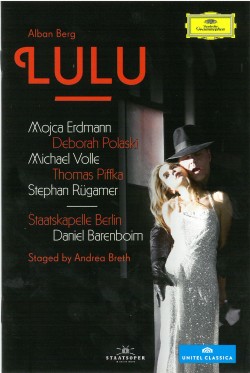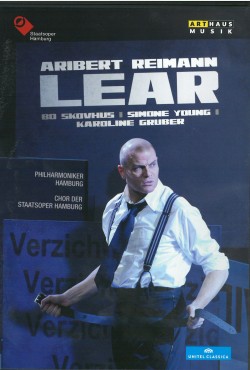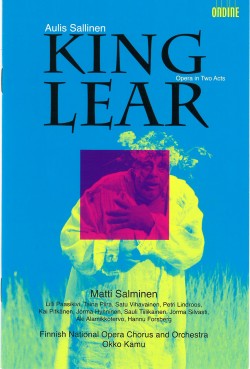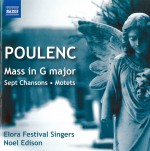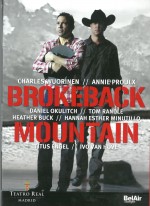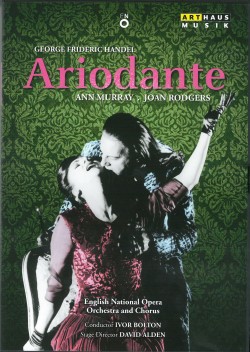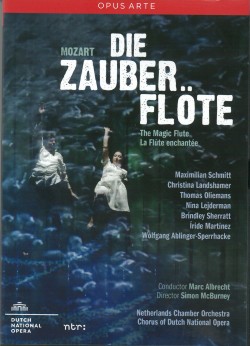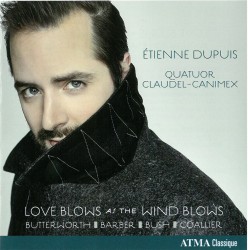Rossini in Wildbad – Guillaume Tell
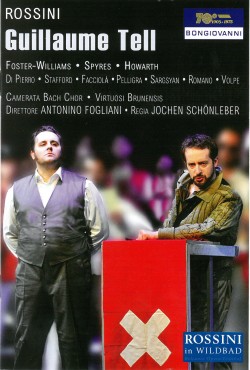 Rossini in Wildbad – Guillaume Tell
Rossini in Wildbad – Guillaume Tell
Festival Wildbad: Various Vocalists; Camerata Bach Choir; Virtuosi Brunensis; Antonino Fogliani
Bongiovani AB 20029
Still not yet 40 and full of his creative powers, Rossini certainly went out with a bang, creating something original and big for the wealthy Paris audiences of the Second Empire. With a cast of thousands William Tell easily became very long, even overblown, so Rossini’s biggest problem was how to cut back and tighten the reins. For posterity the opera was very successful even in its excised form, but for the Wildbad Festival in Germany, 2013, it was decided, wisely (or unwisely) to perform the entire score for the first time in its history. If authenticity is a guiding principle it will certainly please musicologists and completists and assorted people with good intentions, but we all know where good intentions tend to lead… Much could be written on the updated staging that carries an inevitable political message, rather explicitly of oppressors vs. the oppressed, unfortunately neglecting the gorgeous Swiss scenery that’s omnipresent in Rossini’s score.
In purely musical terms the festival did gather optimum forces. First and foremost, conductor Antonino Fogliani (who is beginning to look like Rossini himself) has this music in his blood and moves it with a sparkling upbeat tempo, finesse and humour, having a great old time doing it. The soloists are all of high quality. Six topnotch singers are required to cope with the enormous demands of the work. American heroic tenor Michael Spyres as Arnold carries the Olympic torch in one of the most gruelling tenor roles and he is undoubtedly best in show. Highest credit must also go to the chorus, the Camerata Bach Choir that sings and even dances the many ensembles this opera is famous for. And a resounding yes to the fully complete ballet no French opera would do without (even if it’s written by an Italian). My fondest memory however will always be the “sublime second act” (Berlioz) that even another bel canto genius, Donizetti, admitted was “written by the Gods.”


